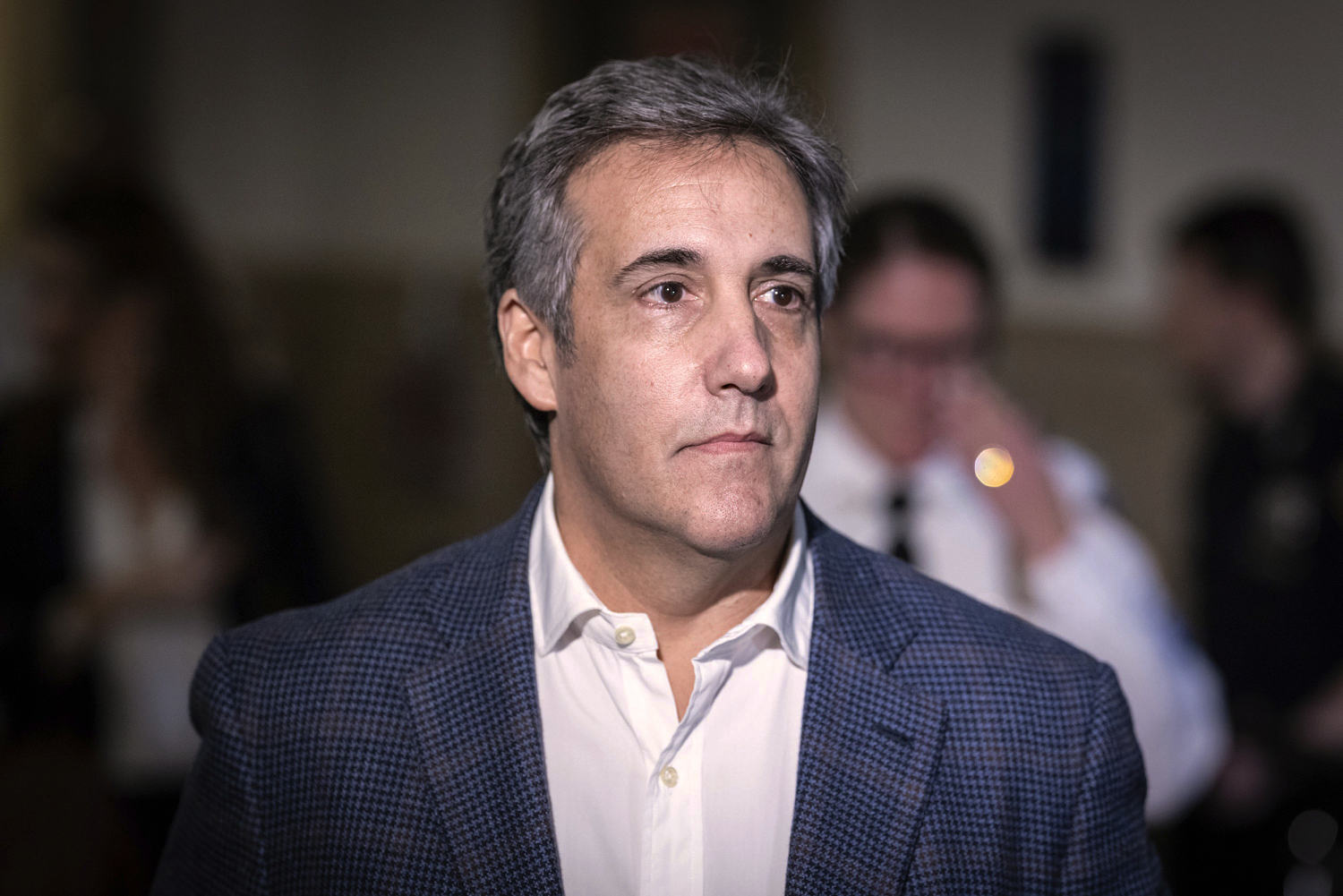Michael Cohen, a former fixer for Donald Trump, said in a court filing Friday that he sent his lawyer fictitious artificial intelligence-generated citations that were later submitted to court.
Cohen, who was also an attorney for the former president, said he mistakenly thought that the AI bot Google Bard was a “super-charged search engine” while researching legal cases that would show precedent for eliminating his supervised release.
The cases produced by the artificial intelligence service did not exist, he wrote in a filing first reported by The New York Times.
Cohen was sentenced in 2018 to a three-year prison term followed by three years of post-release supervision for crimes including making secret payments to women who had alleged affairs with Trump, lying to Congress and failing to report income.
Cohen said in Friday’s filing that he has “not kept up with emerging trends (and related risks) in legal technology and did not realize that Google Bard was a generative text service that, like Chat-GPT, could show citations and descriptions that looked real but actually were not.”
He went on to say that he did not know that the AI service could generate fictitious cases, arguing that he trusted his lawyer to “vet my suggested additions before incorporating them.” Cohen said he’s been represented by attorney David Schwartz on the post-release supervision matter since July 2022.
“He relied on his lawyer, as he had every right to do. Unfortunately, his lawyer appears to have made an honest mistake in not verifying the citations in the brief he drafted and filed,” E. Danya Perry, who’s representing Cohen in support of his motion for early termination of supervised release, said in a statement to NBC News. She added that the court filings “show that Mr. Cohen did absolutely nothing wrong.”
In a letter to a district judge on Thursday, Perry argued that the filing with fictitious citations submitted by Schwartz should “not be held against” Cohen.
Neither Cohen nor Schwartz knew at the time that three citations submitted in a court motion were fictitious, Perry wrote.
“It did not occur to me then — and remains surprising to me now — that Mr. Schwartz would drop the cases into his submission wholesale without even confirming that they existed,” Cohen said in Friday’s filing.
Schwartz said in a filing this month that he did not review citations that he thought were the research of another attorney, rather than Cohen, and he “never contemplated” that the cases did not exist.
“I am fully aware that I bear the responsibility for any submission on my letterhead and the inaccuracies contained in this filing are completely unacceptable,” Schwartz said in a Dec. 15 filing. “I sincerely apologize to the court for not checking these cases personally before submitting them to the court.”
In response to a request for comment Friday, Schwartz said, “I stand by my thorough court filing.”
He declined further comment.
Source: | This article originally belongs to Nbcnews.com










